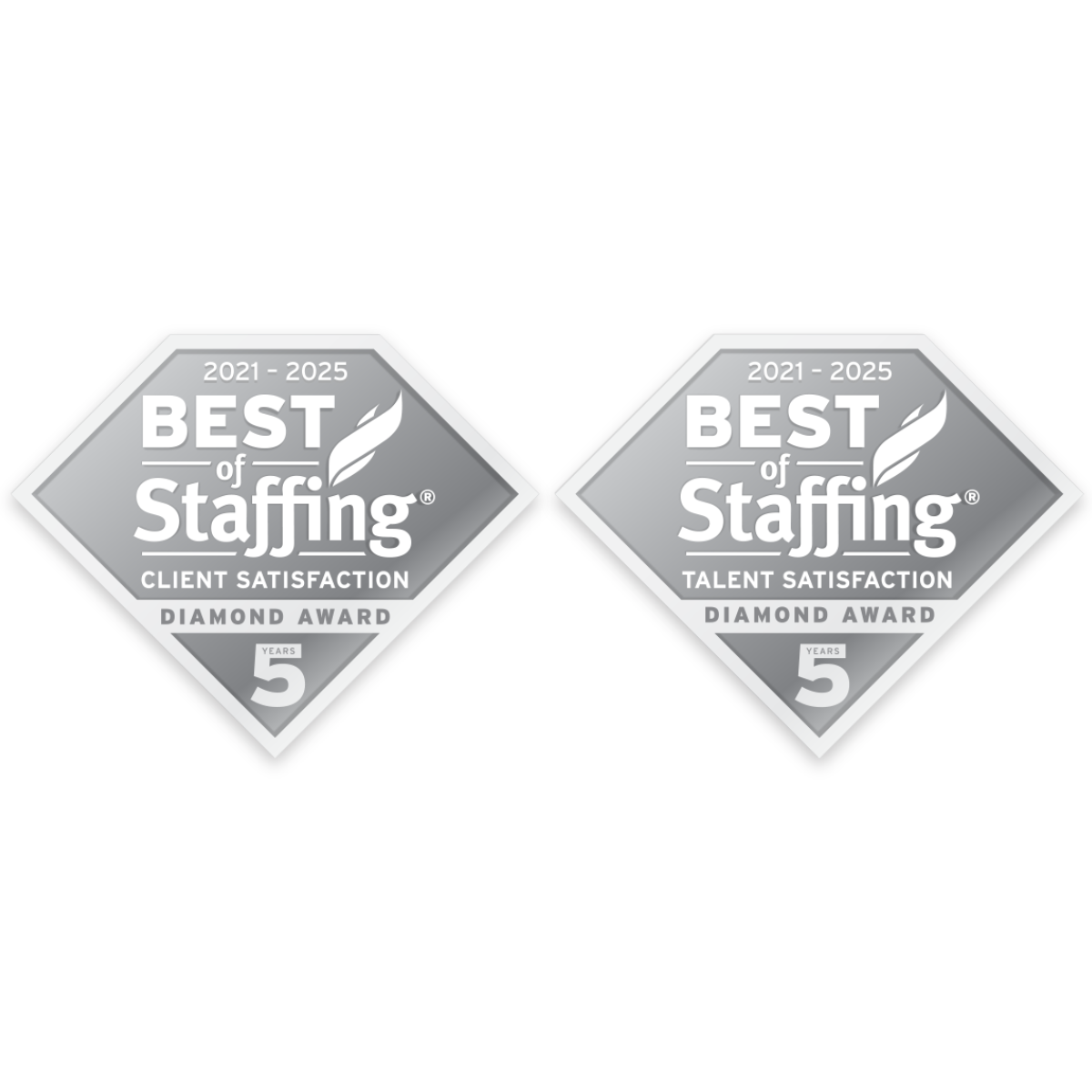It’s been a tough year for the tech industry. Nearly 200,000 employees from about 700 tech companies have been laid off, glutting the market with top-tier talent, now available at a potentially reduced cost. Companies are at a turning point, and they know it.
According to a survey conducted by Blind, 56% of tech workers would take lower or equal pay when accepting a comparable or lower salary for a new position, with 45% of respondents citing current job market conditions as their rationale. While tech workers may be willing to lower salary expectations, the flip side is that there’s a “newly heightened emphasis on non-monetary benefits like career growth, work-life balance, and company culture,” according to the Blind survey.
Yes, it’s been a tough year for tech, but the good news is that things may not be so bad — one door closes and another opens. While the lay of the tech job market is more complex than it once was, opportunity is still knocking — just in different ways than before.
While the layoff headwinds from earlier in the year are still being felt, hiring is still happening, though the employment structure has increasingly shifted from classic full-time opportunities to more project-based ones.
Role-based versus Project-based — The Tech Paradigm Is Shifting
Traditionally, most tech jobs have been full-time “roles,” where career growth is characterized by leapfrogging from one role up the rung to the next in search of better-paying and more rewarding opportunities. But in today’s recruiting world, particularly in tech, a new model is gaining traction: project-based work, where workers focus on one specific project for a number of weeks or months until it’s finished.
The emergence of two distinct models — role-based and project-based — epitomizes a shift in the structure of tech work that impacts both employers and employees. For jobseekers and hiring managers, understanding which model works best is critical to getting the job done right, as well as in a way that aligns with work style and career goals.
Increasingly, tech companies are looking at their budgets through a more project-based lens instead of focusing on full-time headcount like they traditionally have, allocating budgets for discrete projects instead of for roles. It’s too early to tell if the future of tech jobs will be role-based or project-based, but things are fast evolving. Each approach has pluses and minuses for all involved, but from the tech employer side, recasting work into discrete projects can be economically beneficial. And for some workers, it may be, as well.
Project-Based Work in Tech: Is It the Beginning of a New Era?
The pandemic accelerated an increased demand for flexibility by workers. Project-based work is flexible by nature, which may help explain its rise in popularity with tech workers. If a project fails, finding a new one is more straightforward than getting an entirely new full-time role. Many tech workers and executives feel burned out, are anxious about layoffs, and want opportunities that offer more flexibility, more fun, and more choice about what they work on.
And it works for employers as well. Suppose your company is launching a new product or needs a new strategic direction or restructuring; looking for project-based talent engagement may be an innovative, forward-thinking solution.
A project-based approach makes companies nimbler, allowing for more optimized adaptation to fast-changing market shifts. An enduring reality is that despite market shifts, competition for tech talent remains tight, and many tech companies are still hiring for full-time roles — just more slowly, with project-based opportunities filling in for what was once a more traditional full-time hire.
An intelligent approach may be to embrace a middle way, by taking the best components of each employment model and allowing companies to fine-tune what will best work for them today. Interestingly, this shift toward more project-based work has also infiltrated the C-Suite with the rise of fractional executives.
The Rise of the Fractional Executive
Let’s say you need a top-tier, deeply experienced executive for your team — a CEO, CMO, or CCO — but don’t have the capital to craft a compelling comp package to get someone like that to come on board full-time. Say hello to the world of fractional executives, experienced professionals who serve in a strategic capacity for a company — but in a project-based or part-time way. They might work a few days a week or perhaps just a few days a month — all based on the organization’s needs.
While the concept may seem foreign when taken to the upper echelons of management, it’s proving to be a game-changer for many businesses, who can now access top-level, seasoned leaders that would otherwise be out of reach. Here are some top reasons why going fractional may be shrewd.
- Budget Conscious — Executive comp packages can be sizeable and out of reach for start-ups or companies needing restructuring. Going fractional lets companies get the benefit of top-tier business leaders without the sky-high cost of compensating them for full-time engagement.
- Dial engagement up or down as needed — Companies can let business needs guide whether they ramp fractional executives’ engagement up or down. If they need support during a product launch, they’re there. But companies can ramp down their time if they need less help during less busy times. Fractional executives can mold themselves to what is required.
- Access to best-in-class expertise — You can access the wealth of knowledge these seasoned industry experts bring, gaining invaluable insights that can quickly catapult your business forward.
- Out-of-the-box thinking — Fractional executives are not mired in the day-to-day details or internal political struggles, which lets them bring a fresh perspective to the table while letting them focus on the big picture and strategic growth initiatives. Fractional is a significant paradigm shift across the board for companies of all sizes — start-ups can leverage top-tier expertise without breaking the bank, and larger organizations can harness fractional execs for specific strategic initiatives and high-impact projects.
__________________________________
Takeaway
The traditional 9-to-5 employment model is constantly changing, and the rise of project-based engagements is a testament to this ever-changing environment. The beauty of thinking more project-based or fractional, for whatever level of worker, is versatility, which can benefit many types of businesses — especially in tech. If you think your company could benefit from a more project-based approach, Creative Circle’s offers a full suite of solutions that can help and a top-notch line-up of creatives and technologists to make the magic happen.
The best way to make work “work” better is to capitalize on your people’s strengths, building a company that lets them thrive while giving employers the flexibility to adapt to a fast-changing world in the most cohesive way possible. Here’s to the power of change!




